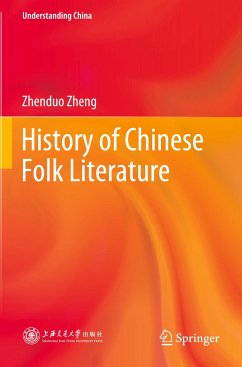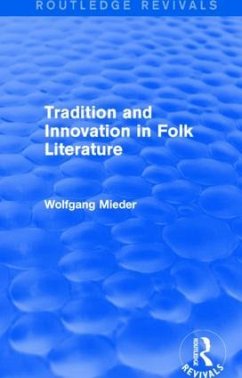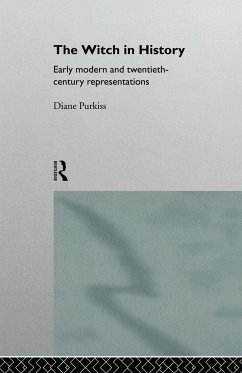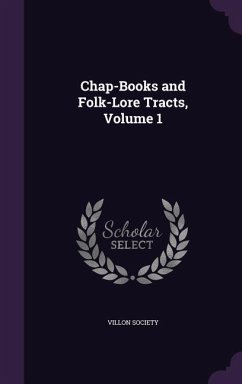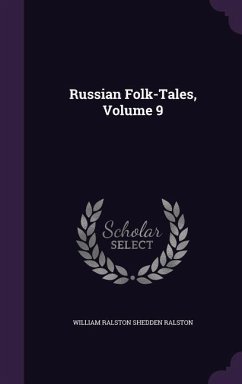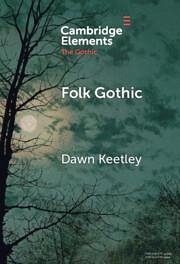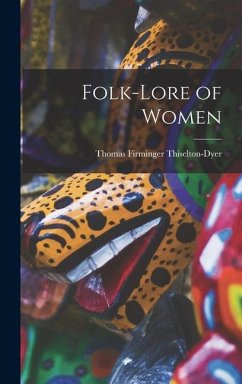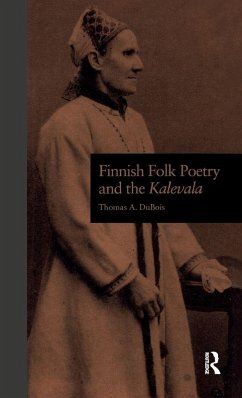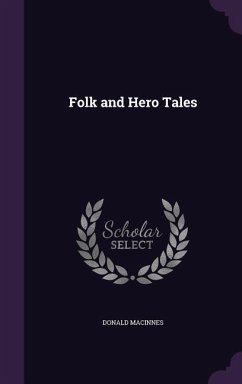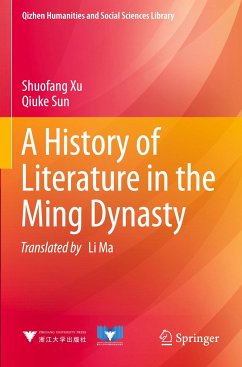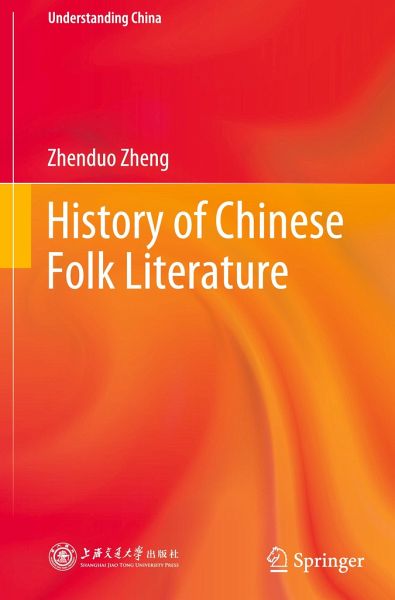
History of Chinese Folk Literature
Versandkostenfrei!
Versandfertig in 6-10 Tagen
98,99 €
inkl. MwSt.
Weitere Ausgaben:

PAYBACK Punkte
49 °P sammeln!
This book mainly addresses the position, function, influence, and values of folk oral literature in the history of Chinese literature. Divided into 14 chapters, it systematically covers central aspects of folklore literature such as ballads, folk songs, Bianwen, Zajuci, Guzici, Zhugongdiao, Sanqu, Baojuan, Tanci, Zidishu, and so on from the Pre-Qin to the late Qing Dynasties, filling several gaps in literary history studies. It is a comprehensive literary work, and many of the materials cited here are rare and difficult to find. In addition, the book proposes some important theories, especiall...
This book mainly addresses the position, function, influence, and values of folk oral literature in the history of Chinese literature. Divided into 14 chapters, it systematically covers central aspects of folklore literature such as ballads, folk songs, Bianwen, Zajuci, Guzici, Zhugongdiao, Sanqu, Baojuan, Tanci, Zidishu, and so on from the Pre-Qin to the late Qing Dynasties, filling several gaps in literary history studies. It is a comprehensive literary work, and many of the materials cited here are rare and difficult to find. In addition, the book proposes some important theories, especially six highly generalized qualities of folk literature, namely that it is: popular, collective, oral, fresh, effusive, and innovative.
With detailed, extensive materials, and quotations, the book represents the most systematic and comprehensive work to date on ancient Chinese folk literature. It is mutually complementary with Guowei Wang's A Textual Research of the Traditional Chinese Opera in the Song and Yuan Dynasties and Xun Lu's A Brief History of Chinese Fiction; all three works are regarded as the most essential classics for researching the history of Chinese literature.
With detailed, extensive materials, and quotations, the book represents the most systematic and comprehensive work to date on ancient Chinese folk literature. It is mutually complementary with Guowei Wang's A Textual Research of the Traditional Chinese Opera in the Song and Yuan Dynasties and Xun Lu's A Brief History of Chinese Fiction; all three works are regarded as the most essential classics for researching the history of Chinese literature.





